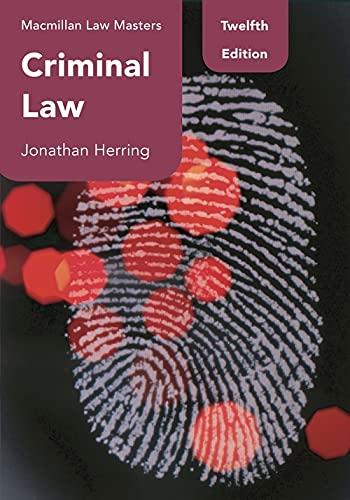Click to Launch Due: Sunday 11:59 p.m. Directions: For this discussion, you will get the opportunity to explore some of the tools we have not used yet. Go to TED.com and find a talk on a topic that is related to chapter 13 (United States domestic policy). Put the full title of the TED talk in the subject line. In your thread, write one full paragraph (5+ sentences) summarizing your talk. . Hyperlink to the TED talk somewhere in the body of your post. . After you have written your post, highlight the whole thing and change the font to something other than Arial, which is the default. You will find the font in the top row. . While you have it highlighted, also change the font size to 14pt or larger. . Find a few words in your description that you want to emphasize and use the bold, italics, or underline features (top row, on the left) to do so. Or you can highlight them (top row, on the right). Make your paragraph look interesting, but do not make it too busy. . After posting your paragraph, reply to two peers with at least three sentences. Compare their talk to yours and comment on whether their use of tools made their paragraph look better or worse. Be nice! Initial post due by Wednesday at midnight, two peer responses due by Saturday, replies to comments on your original post by Sunday. 50 points P.S. A properly formatted/linked paragraph will look something like this: Hans and Ola Rosling: How not to be ignorant about the world (18m:56s) In this talk, the late, great Hans Rosling and his son Ola explain misconceptions about the world. They provide a simple test you can use when making guesses about the world that will prevent you from being ignorant of what is happening. For instance, most people think that the world is getting worse. The reality is that most things are improving. Rosling shows that with four rules of thumb, you can perform better than chimps at a zoo on questions about the world (because they choose randomly and get a low score). Rosling was a beloved statistician from Sweden and one of my favorite speakers. He was known for explaining data in a way that was engaging with his audience and completely understandable. on poverty and how to alleviate it on a global scale. His TED talks are well worth your time







